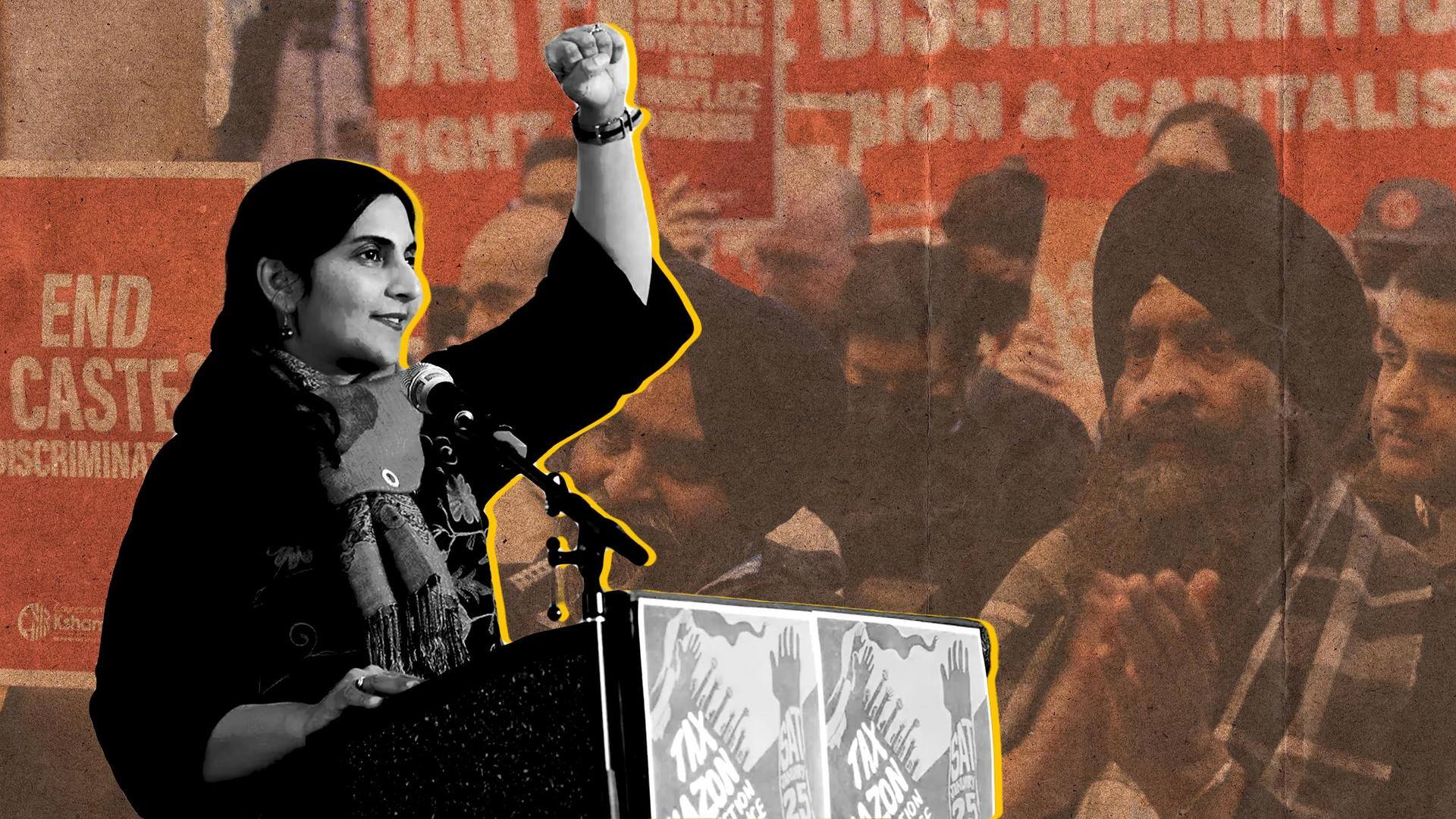
US: Seattle becomes first city to ban caste discrimination
What's the story
In a historic move, Seattle on Tuesday became the first city in the United States to outlaw caste discrimination.
The city's council members voted 6-1 in favor of adding the provision to its pre-existing anti-bias laws. Two members of the council were absent.
Proponents of the ordinance said that without such a law, those facing caste discrimination would have no protection.
Context
Why does this story matter?
Calls to ban caste discrimination have been growing among South Asian diaspora communities for quite some time. The caste system is a discriminatory practice of social hierarchy based on birth or occupation.
The "upper caste" Hindus, who have been accused of dehumanizing behavior toward the oppressed communities, claim that anti-caste discrimination laws are prejudiced against them and aimed at maligning their community.
Details
Ordinance applicable to public spaces, workplaces, housing
The ordinance aims to provide protection against caste discrimination in public spaces, workplaces, housing and contracting.
The ordinance was introduced by the council's only Indian-American member, Kshama Sawant. Among the gathering in the city hall, most were Indian-Americans who were carrying posters and sloganeering.
Speaking before the vote outside the city hall, Sawant said that the proposed ordinance does not target any particular community.
Twitter Post
Sawant called for extending the movement nationwide
It’s official: our movement has WON a historic, first-in-the-nation ban on caste discrimination in Seattle! Now we need to build a movement to spread this victory around the country ✊ pic.twitter.com/1mBJ1W3v6j
— Kshama Sawant (@cmkshama) February 22, 2023
Statement
Many welcomed the decision as emancipatory
Indian-American Congresswoman Pramila Jayapal hailed the move, saying, "Caste discrimination has no place in society anywhere in the world." A US-based non-profit collective, Dr Ambedkar International Center also welcomed the decision.
California-based Equality Labs is said to be the brain behind this resolution. It is also spearheading a nationwide campaign in this regard by creating a coalition of around 200 organizations supporting the cause.
Conflict
Some groups claim the move will hurt South Asians
Campaigning against the resolution, the Hindu American Foundation said the addition of caste to the non-discrimination policy violates the policy itself as it singles out and "discriminates" against South Asians and ethnic minorities.
Madhu T from the Ambedkar-Phule Network of American Dalits and Bahujans called the ordinance "ill-intended and rushed" by a "controversial council member," which will harm South Asians and Dalit-Bahujans in particular.